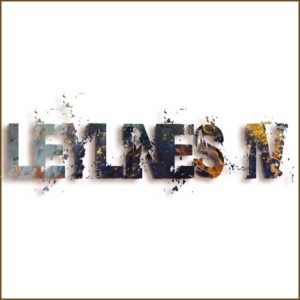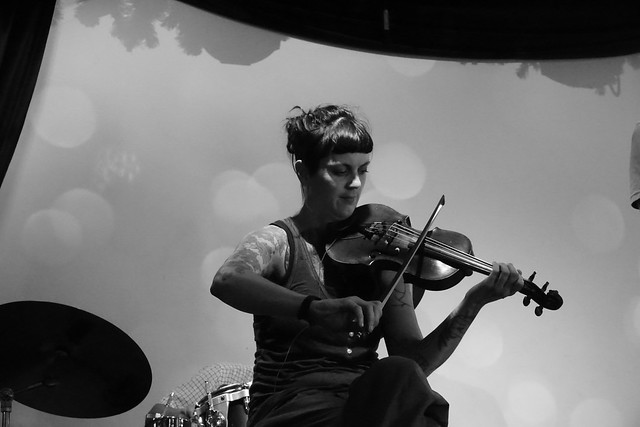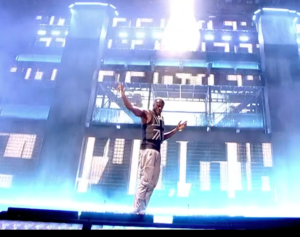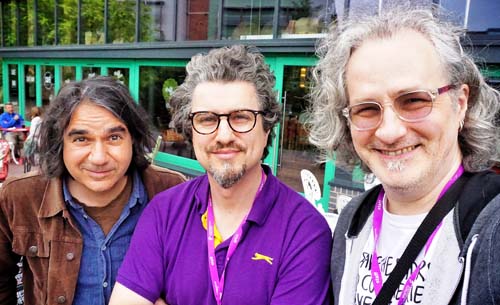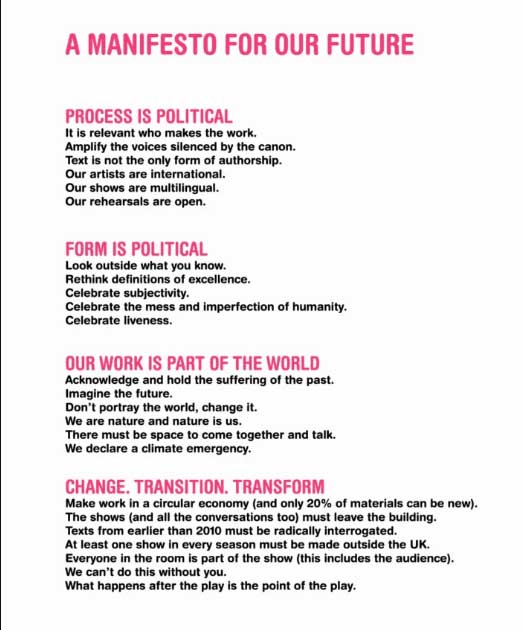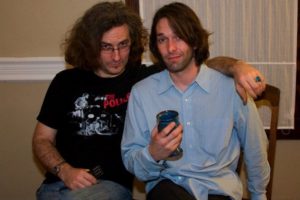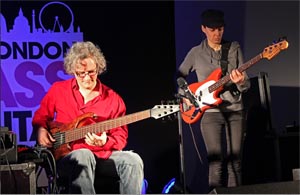As part of a module that I’ve just finished teaching, I’ve had to spend a fair amount of time thinking about the ways that the context within which we experience music impacts both how people listen and how musicians make their art.
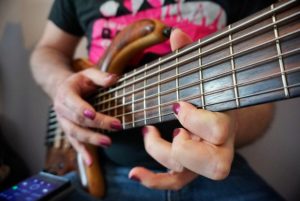 Streaming services have provided one of the biggest changes to the way many, many people listen in modern times, for a number of reasons. Lowering the barrier to access such vast quantities of music brings with it the potential for option paralysis – not knowing where to start when looking for music – and also the desire to browse, either through a lack of trust in your ability to make a worthy commitment to a particular album (‘what if I’m listening to the wrong thing??’) or just ‘because it’s there’ – the world is full of incredible music, why not try and hear as wide a range of it as possible?
Streaming services have provided one of the biggest changes to the way many, many people listen in modern times, for a number of reasons. Lowering the barrier to access such vast quantities of music brings with it the potential for option paralysis – not knowing where to start when looking for music – and also the desire to browse, either through a lack of trust in your ability to make a worthy commitment to a particular album (‘what if I’m listening to the wrong thing??’) or just ‘because it’s there’ – the world is full of incredible music, why not try and hear as wide a range of it as possible?
The finite nature of paid-for record, CD, tape and MP3 collections came with a built-in slowly expanding set of music that we got to know over time, and the financial commitment often led to us spending more time on an album that we maybe didn’t connect with immediately, but had spent the money on so we were really going to give it time to settle in before admitting we’d wasted a tenner on it… That’s less of an issue when everything else is just a click away for no additional cost, and those albums are co-present with thematic, generated playlists that can often be experienced as more appropriate for a particular activity or context than whatever the motivation was for a particular band to sequence their album a certain way.
The social utility of music has always been a key factor in both its commercial success and the amount of time we end up committing to a particular recording, but now that those social functions can be outsourced to an algorithm, we can pull up playlists for writing, sleeping, partying, exercising, walking, driving and anything else that comes to mind…
On the other side of this equation, we have an economic environment where Spotify (and I’m assuming the other streaming platforms) pay out ‘per track’ rather than based on a per-minute royalty allocation (which is how radio works), and that you need to get 30 seconds into a track for it to be paid out on… So for artists, it makes precisely zero sense to make 40 minute ambient songs and put them on Spotify. That’s a single royalty payment for one track for a person listening to your entire album. Which when compared to an album with 20 or more tracks on, as is the case with many artists from grindcore (the reissue of Scum by Napalm Death has 56 tracks on it, though 8 of them are too short to get paid for ) to hip hop beat tapes and mixtapes ( J Dilla’s legendary Donuts beat tape has 31 tracks) – trends towards loads of short tracks paying way more than artists who record long tracks are inevitable, and deeply understandable when the payouts are already perceived as so small. It also stands to reason that packing the front end of a song with hooks is more likely to keep people listening who are browsing than a song with a long intro might. I can’t really imagine Halls And Oates’ She’s Gone being considered a smart production choice for a single in 2019…
So, is it insane to still record and release long, involved, complex music in the age of 45 second songs on streaming platforms?
Of course not! For a number of reasons – firstly, your art is your art, and you (I!) need to make the music that you feel needs to exist in the world. I’ve already massively limited my potential audience by being an improvising instrumental solo bass guitarist. That’s pretty damn niche however you slice it. And because it’s niche-by-design, I only need a TINY number of people – in the grand scheme of things – to make it viable. I’m not trying to top charts, win awards, get on the cover of magazines (that happened by accident 😉 ), I just want to keep making the music that matters to me. And the few hundred people I need to be interested in what I’m doing in order to make it viable are statistically insignificant in terms of the wider music industries. The demographic that will find what I do interesting, and have the patience to listen to music that requires time and attention to full encounter is not the same that is skipping through the 25 tracks on the new Migos or Kanye album while deciding which playlist to skip to next and showing up in the data analysis that Spotify are doing of the top 40 most listened to artists that month…
Global trends in music are of almost no significance to what you do as an artist unless you’re trying to have hits. While Bandcamp are still paying out over $9 Million dollars a month to artists, that’s an album buying audience that you can pursue strategically, while ignoring the bits of the economy that patently don’t work for you. Lots of artists have seen a drop in sales over the years, that’s true. But my observation is that VERY few have tried to meet their audience in the middle in any meaningful way. Charging £10 for an album is hardly a strong enticement to steer towards download sales instead of that same £10 providing access to Spotify’s vast catalogue ad-free for a month… And of course, the best way to talk about fandom is to demonstrate what fandom looks like. My Bandcamp fan account is as much a part of my Bandcamp economy as my artist page…
What you may find you have to do is make the case for people listening to you before they actually listen to you. That’s the job that used to played (and is still to some degree played) by radio, magazines, reviews, etc… But there are way more artists than there are media outlets, so you need to be prepared to tell that story yourself. It may be that you use streaming platforms to build that interest in your work – there are a ton of strategic uses between ‘all’ and ‘nothing’. I chose to put nothing on streaming platforms because the context for my work is deeply important to me – it needs to have the writing and the conversation attached. I’m genuinely not interested in having a faceless, unknown audience. I like being in a position to talk to them, and get to know what they like… That’s not the only way to be, it’s just what works for me, and I’ve found my tribe of patient, curious listeners, and I test their resolve by releasing more music than most of them can keep up with 🙂
But the community is growing every week – it’s steady growth, and it went past the point at which it was sustaining of my music practice quite a while ago. It’s never going to make me rich, and may never end up being a thing that I can live on exclusively (though it would only take another few hundred subscribers a year for that to be the case… 🙂 ) but it makes more music possible, and that’s what matters. To me. To make the same amount on Spotify as I have on Bandcamp over the last decade, it would’ve taken over 11 million streams. That would’ve required landing tracks on high ranking playlists, which would require making music targeted at high ranking playlists… That pull towards algorithmic homogenisation is not one I find useful or interesting as a listener or a music maker, so I’ll continue to experiment in other directions, and invite listeners to come with me.
If you want to find out more, head over to stevelawson.bandcamp.com/subscribe

